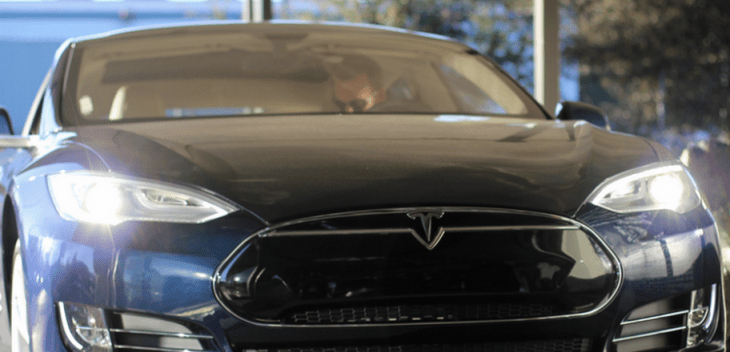Update: The FTC reached out to TechCrunch to emphasize that the blog post in question was written by individual members of itself, and doesn’t necessarily represent the views of the larger Commission.
The Federal Trade Commission (FTC) is not big on state’s limiting the ability of electric car manufacturer Tesla to sell its cars directly to consumers.
In a post published today, fittingly on its Competition Matters blog, the FTC whacked such restrictions, detailing how legal protections for dealers were built, and how they in time evolved into the opposite of their original intention.
Here’s the commission on independent dealerships and the law:
When the automobile industry was in its infancy, auto manufacturers recruited independent, locally owned dealers to reach consumers in localities across the country. State laws progressively embraced wide-ranging protections for these dealers due to a perceived imbalance of power between the typically small local dealers and major national manufacturers. Dealers persuaded lawmakers that they needed protections from abusive practices by manufacturers. Federal laws, too, developed to protect auto dealers from abuse.
These protections expanded until in many states they included outright bans on the sale of new cars by anyone other than a dealer—specifically, an auto manufacturer. Instead of “protecting,” these state laws became “protectionist,” perpetuating one way of selling cars—the independent car dealer. Such blanket bans are an anomaly in the broader economy, where most manufacturers compete to respond to consumer needs by choosing from among direct sales to consumers, reliance on independent dealers, or some combination of the two.
This undercuts the core structure behind the legal bans and restrictions that Telsa has spent some time now running into head-first. If the laws on the books are suspect, so too, axiomatically, is their enforcement — the branch is never more healthy than the root.
As Jalopnik points out, the FTC’s clarion call is scathing:
Such change can sometimes be difficult for established competitors that are used to operating in a particular way, but consumers can benefit from change that also challenges longstanding competitors. Regulators should differentiate between regulations that truly protect consumers and those that protect the regulated. We hope lawmakers will recognize efforts by auto dealers and others to bar new sources of competition for what they are—expressions of a lack of confidence in the competitive process that can only make consumers worse off.
It’s somewhat humorous to see who is a free market capitalist when it comes to the industry of others, and a protectionist whiner when it comes to their own dealings.
At issue is political money and power pushing bans on Tesla selling its cars directly. New Jersey recently became the third state to enact a ban, joining Arizona and Texas in being as backwards as possible. Given Texas’ consistent ballyhooing that it’s a pro-business state, its ban is more than slightly ironic.
How are the bans being enacted? In the case of New Jersey, with subterfuge and cowardice. A rule change was jammed through, with Tesla casting aspersions on the state’s administration for both going back on its word, and having sat on its dealer license renewals.
Those in favor of competitive markets are pro-consumer, and those opposed are not. So it is encouraging to see the FTC end up on the right side of this discussion. Get with it, states.
IMAGE BY FLICKR USER JOSEPH THORNTON UNDER CC BY 2.0 LICENSE (IMAGE HAS BEEN CROPPED)
